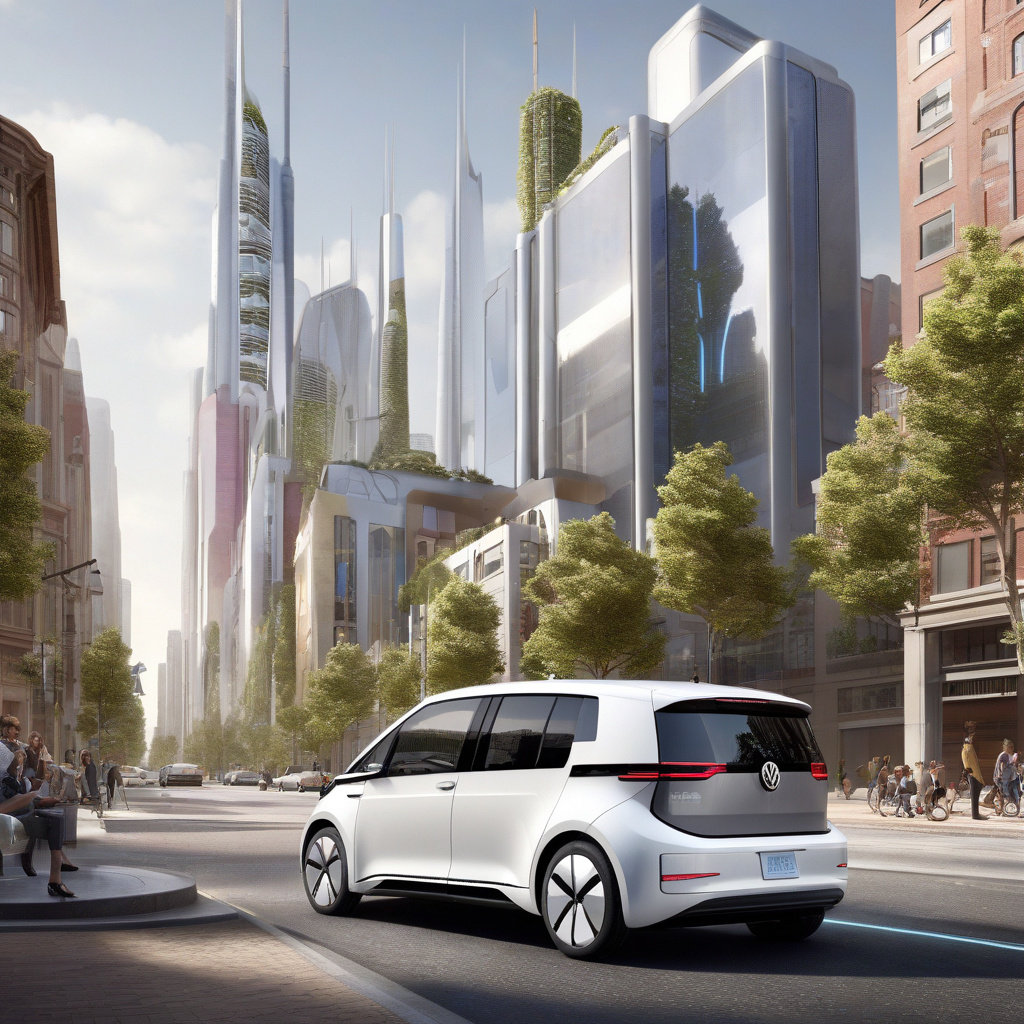Volkswagen Commercial Vehicles has recently made a significant stride in the realm of electric vehicles by partnering with energy provider OVO. This collaboration opens up the possibility for electric vehicle customers to enjoy a substantial benefit – up to 30,000 miles of free power.
This initiative underscores Volkswagen’s commitment to not only promoting the adoption of electric vehicles but also incentivizing their usage in a practical and tangible manner. By offering such a substantial mileage incentive, Volkswagen is not just encouraging the transition to electric vehicles but also addressing one of the common concerns associated with EV ownership – charging costs.
Imagine being able to drive your commercial electric vehicle for up to 30,000 miles without having to worry about the costs of powering it up. This not only makes electric vehicles more appealing from a financial perspective but also contributes to reducing the overall operational expenses for businesses utilizing commercial EVs.
Moreover, this partnership between Volkswagen and OVO is a testament to the evolving landscape of sustainable transportation solutions. It showcases how collaborations between automotive manufacturers and energy providers can lead to innovative offerings that benefit both businesses and the environment.
With the increasing focus on sustainability and reducing carbon footprints, initiatives like the one introduced by Volkswagen and OVO play a crucial role in accelerating the adoption of electric vehicles in commercial settings. Businesses now have an added incentive to make the switch to electric vehicles, knowing that they can potentially save significant amounts on powering their fleet.
In conclusion, Volkswagen’s offer of up to 30,000 free miles for commercial EVs through its partnership with OVO is a noteworthy development in the electric vehicle sector. It not only highlights the company’s commitment to sustainability and innovation but also presents a practical and enticing incentive for businesses to embrace electric vehicles. This initiative serves as a clear example of how strategic partnerships can drive positive change in the automotive industry, paving the way for a more sustainable future.

